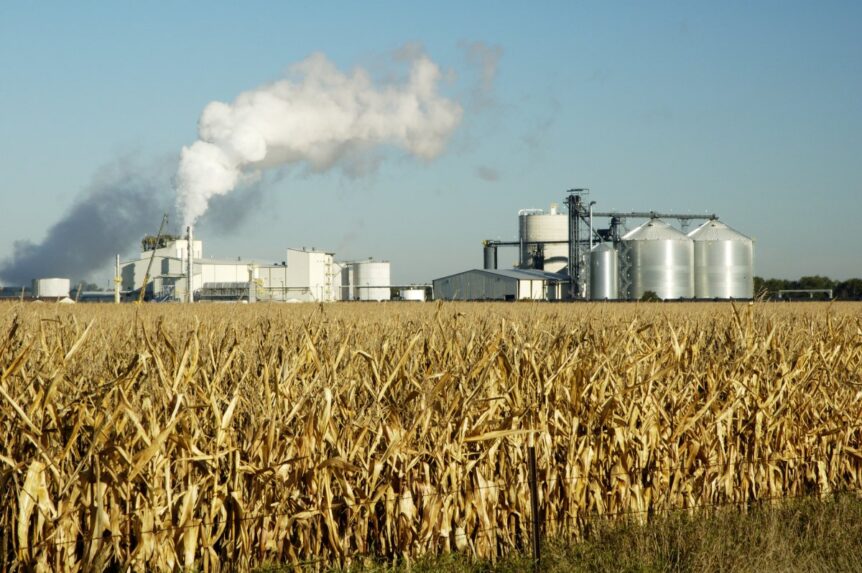We know the rising heat in the US isn’t good for climate change, but now we hear that corn fields in high temperatures also contribute to global warming? How??
Wait, Corn Sweats?
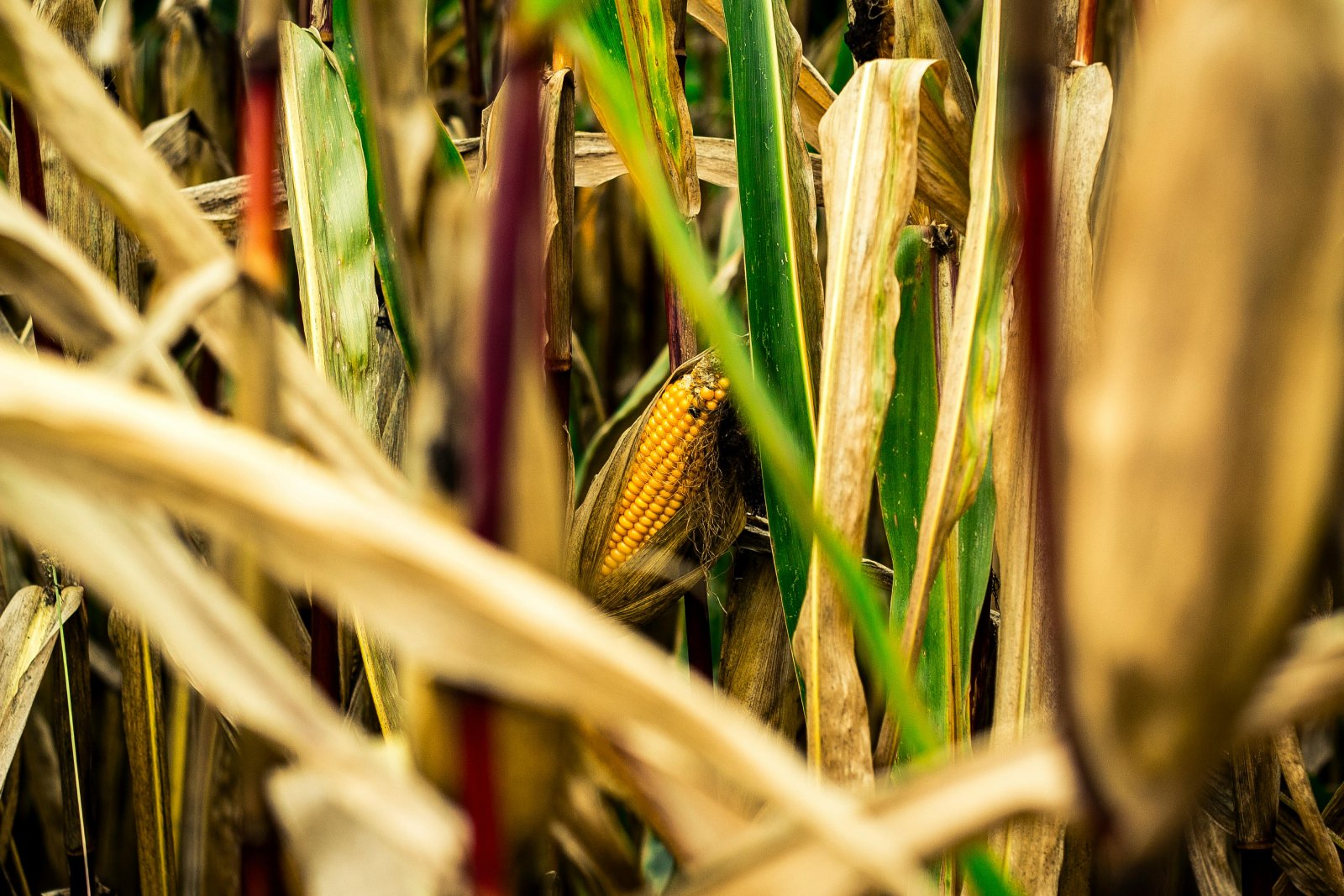
Image Credit: Pexel / Michael Fischer
We know how wildfires can exacerbate the high heat conditions that the US is suffering from, but corn? More specifically, the “sweat” seeping out of the corn?
But it’s true, and the proper scientific name for this phenomenon is called “evapotranspiration.”
Evapo-What?
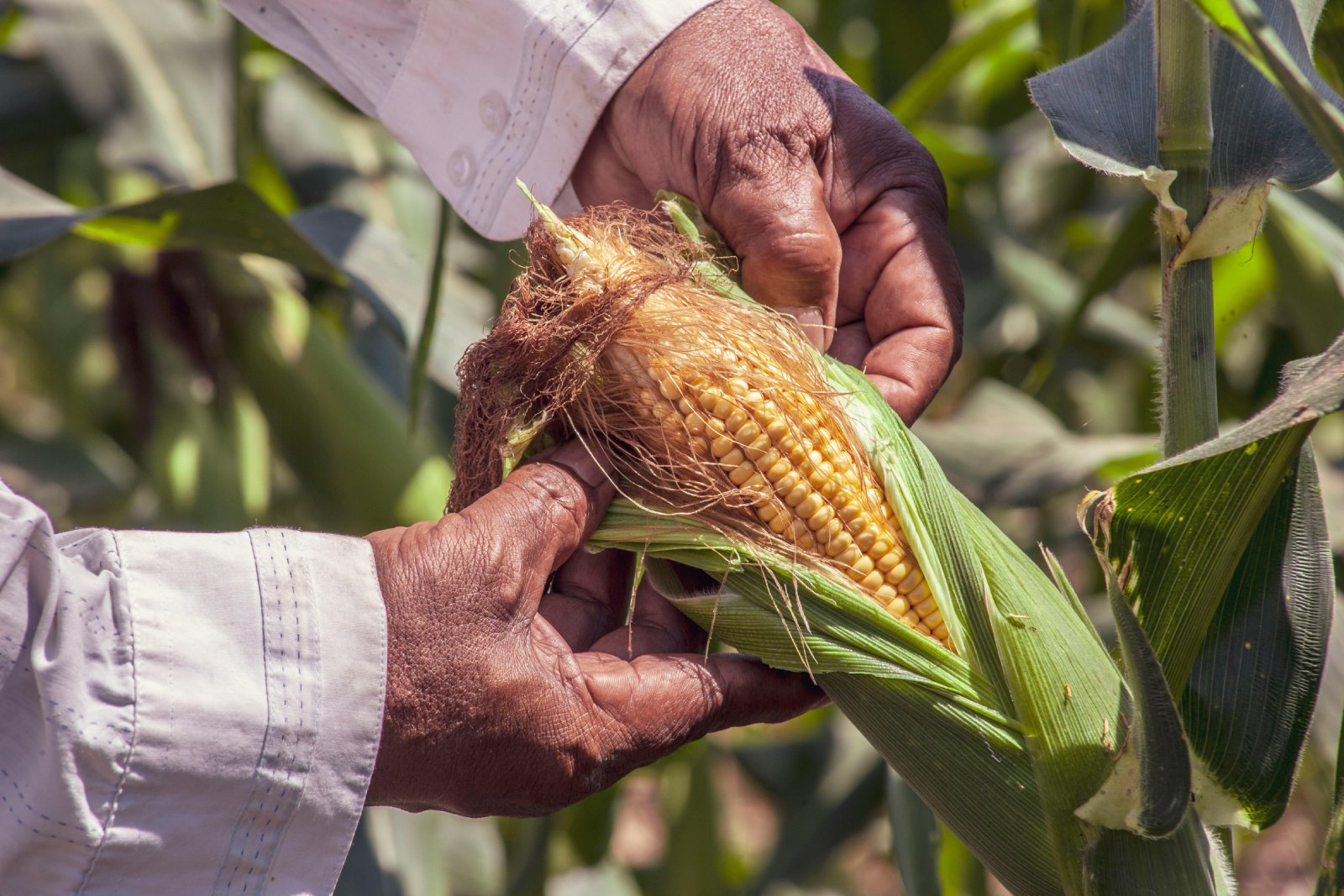
Image Credit: Pexel / FRANK MERIÑO
It works like this: the corn plants absorb water in the soil through their roots before releasing it into the atmosphere through their leaves, effectively becoming moisture that evaporates into the air – hence the name evapotranspiration.
Completely Natural
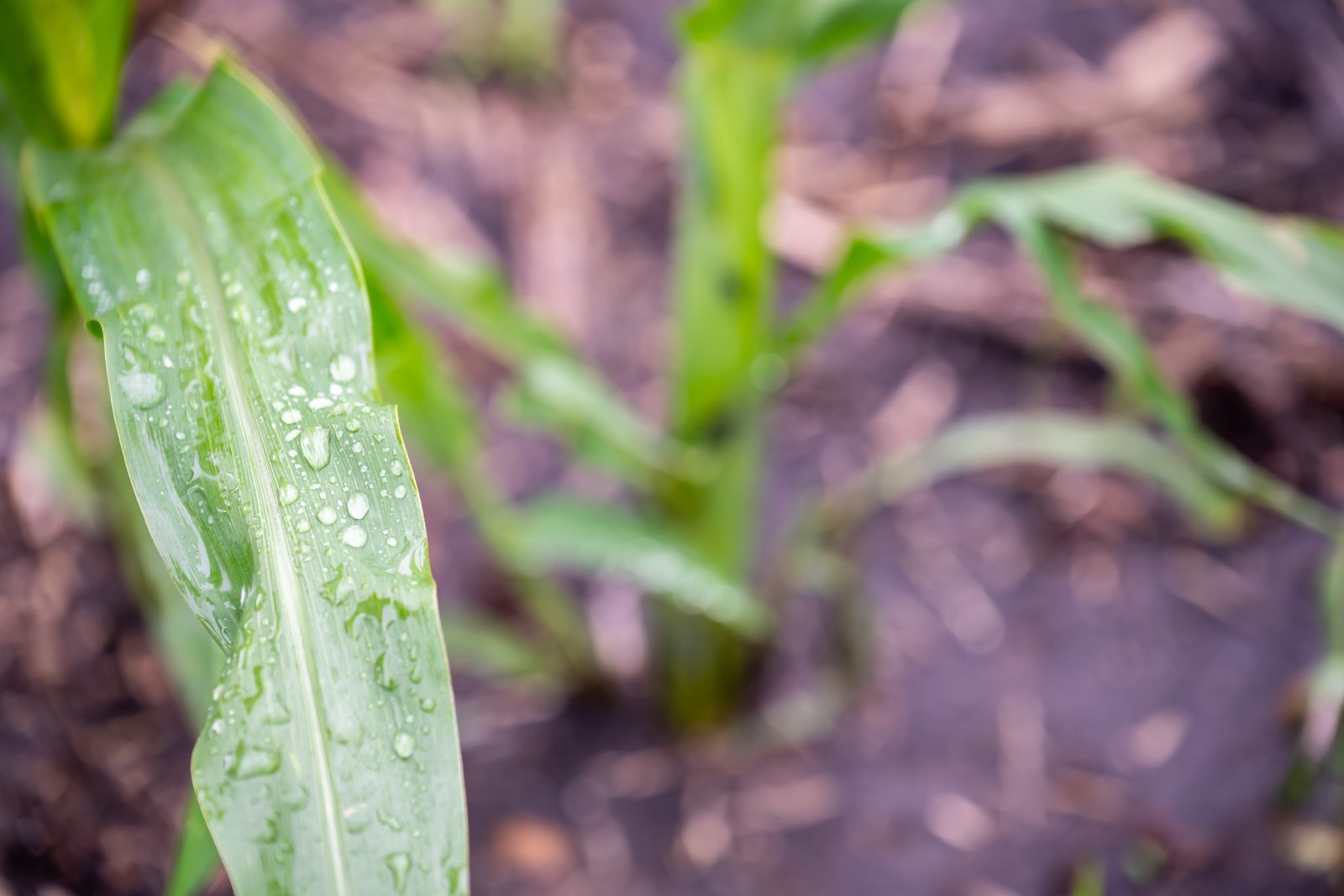
Image Credit: Shutterstock / Lost_in_the_Midwest
As David Nicholai, an extension educator in field crops at the University of Minnesota explains it: “It’s not actually corn that’s sweating; it’s water movement coming out of the soil, going up through the plant, out through the leaves with a little opening — it’s called stomata on the leaf’s surface — and basically, the plant does that to cool itself.”
And it’s very similar to how we humans sweat when it’s warm.
That’s a Lot

Image Credit: Shutterstock / BestStockFoto
One of the main differences between us and the plants is that the latter produce much more sweat.
In fact, as Chris Clark, an agronomist at the University of Wisconsin-Madison, said to CBS News, one acre of corn (slightly smaller than a standard American football field) can produce between 3,000 to 4,000 gallons of corn sweat.
Not a Good Thing
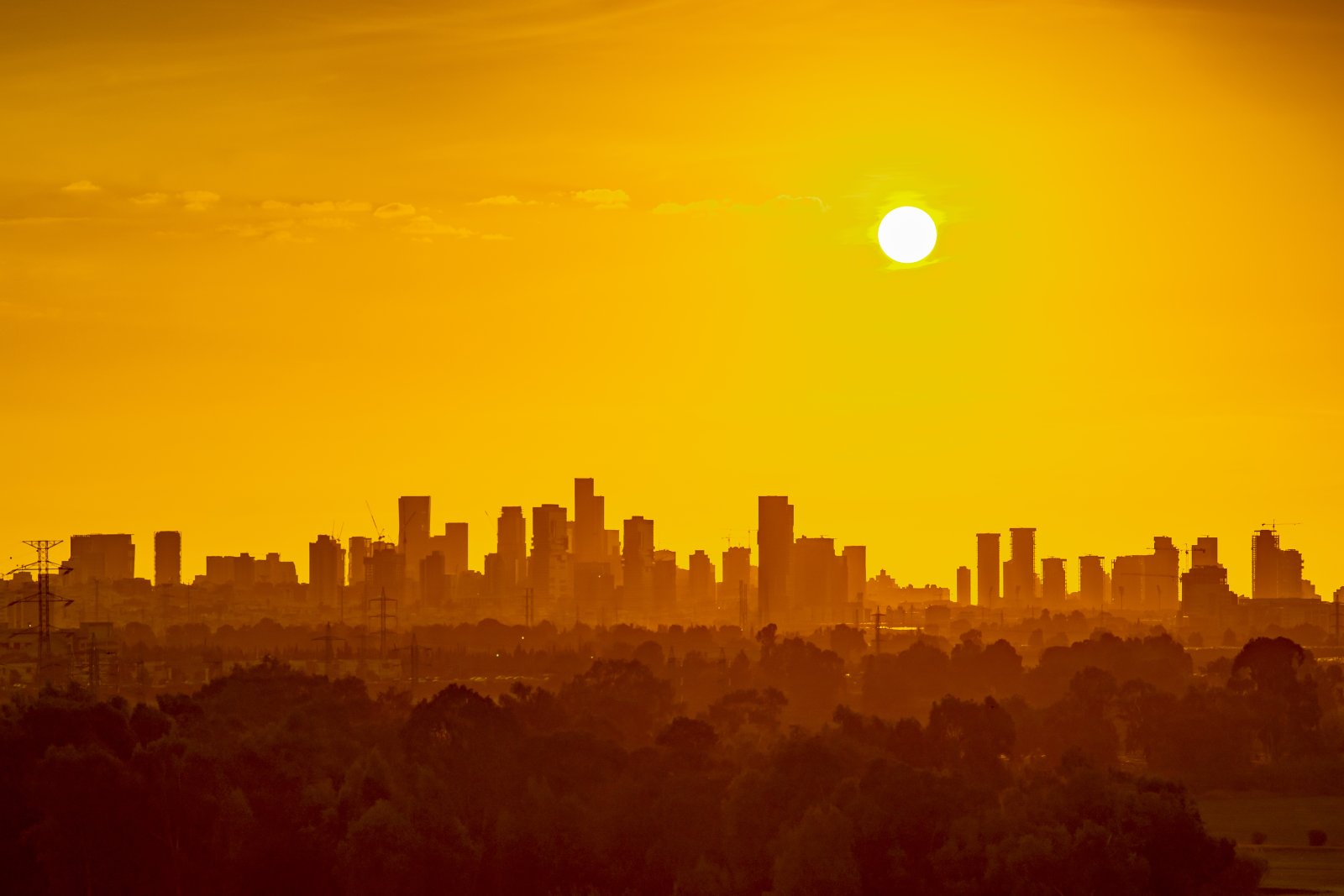
Image Credit: Shutterstock / Eli Mordechai
And that moisture that is released into the air when it’s warm just adds to the humidity.
Just ask the people living in the Midwest, where about 55 million Americans have been under weather alert because of the excessive heat.
Like We Need More Heat

Image Credit: Shutterstock / Frame Stock Footage
What’s more, the boost in moisture levels increases the dew points, which in turn makes it more difficult for water vapor to condense and, thus, cool off.
The dew point is the temperature level to which air must be cooled before water vapor can start condensing from the atmosphere.
Getting Warmer

Image Credit: Shutterstock / ennis MacDonald
And according to Andrew Taylor, a meteorologist with the National Weather Service, all the extra moisture being pushed into the air by the crops means “we can see some of our higher moisture values of the year at this time of year.”
Global Corn King
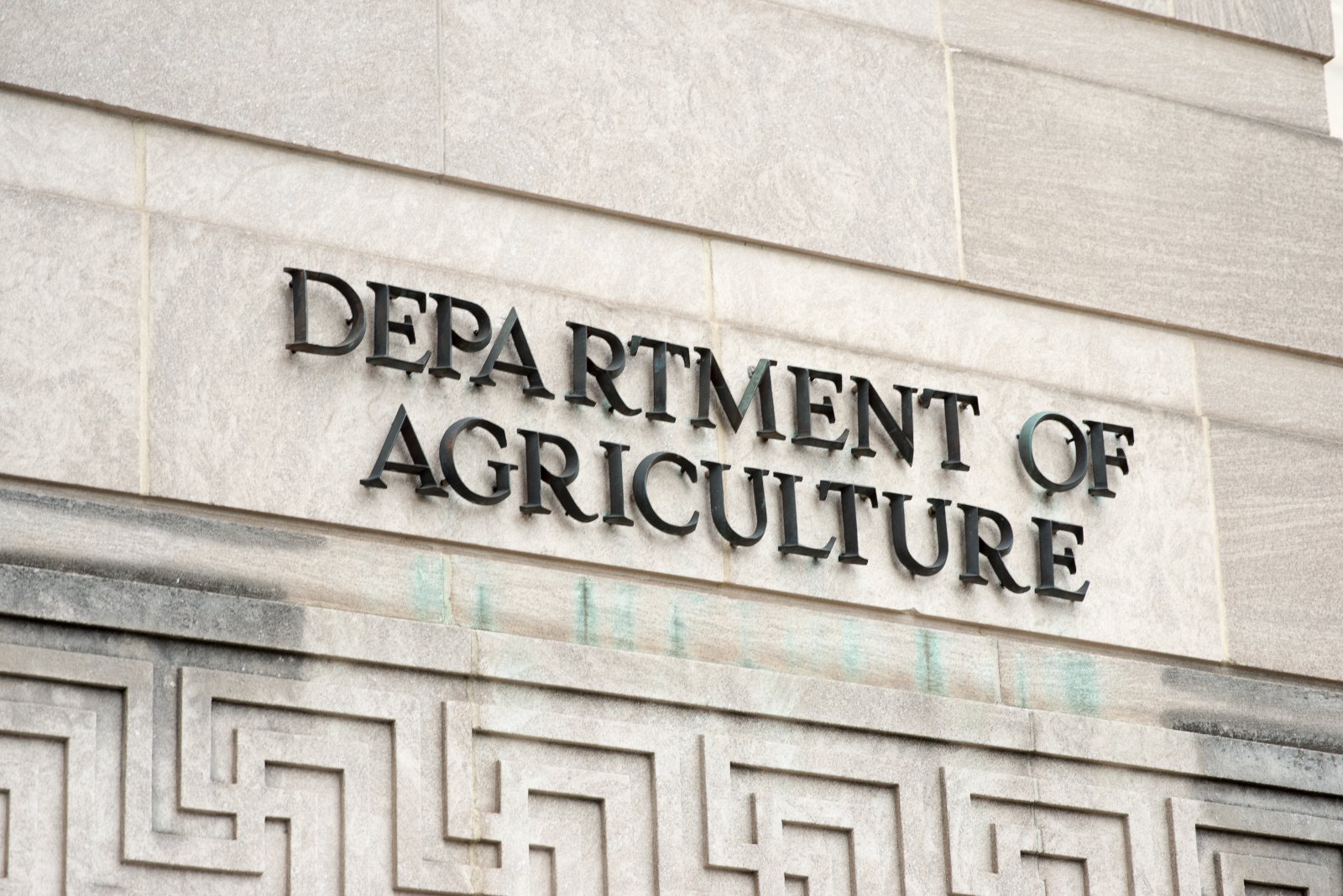
Image Credit: Shutterstock / Kelleher Photography
What makes this situation worse is the fact that, according to the US Department of Agriculture, the US is the “largest producer, consumer, and exporter of corn in the world.”
And two of its states, Iowa and Illinois (both of which are suffering from heatwaves), produce about 33% of all the corn in the US.
The Sweaty States?
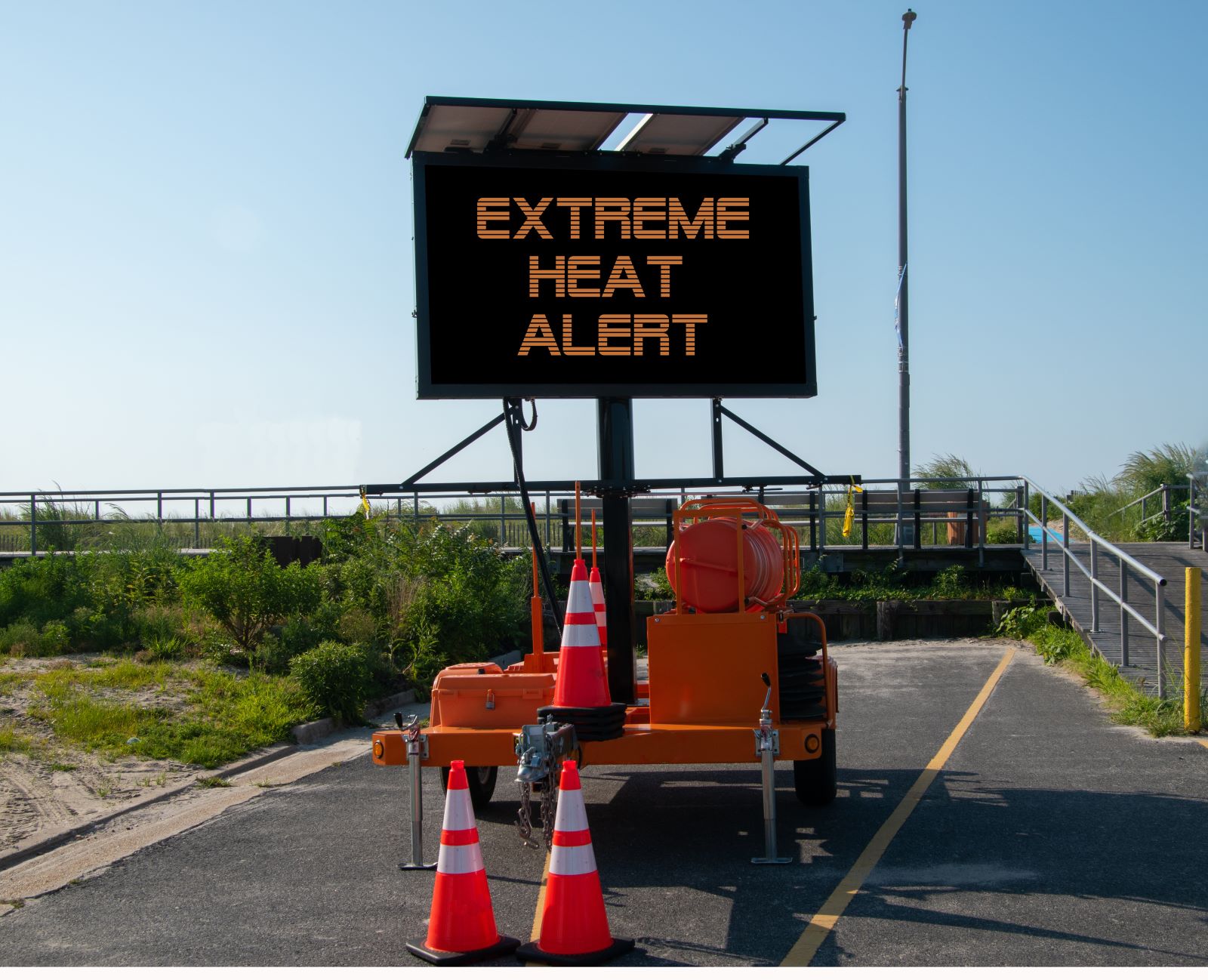
Image Credit: Shutterstock / Alan Budman
This is making Iowans and Illinoisans, as well as their other neighbors in the corn-producing industry, literally hotter under the collar as their states’ temperatures are predicted to increase as high as 105°F to 115°F.
Killer Heat

Image Credit: Shutterstock / bear_productions
But Americans aren’t just experiencing discomfort from the high temperatures, as heat has been called the leading cause of the US’ weather-related deaths.
As per statistics released by the US Centers for Disease Control and Prevention, about 1,220 US residents lose their lives to excessive heat every year.
A Vicious Circle
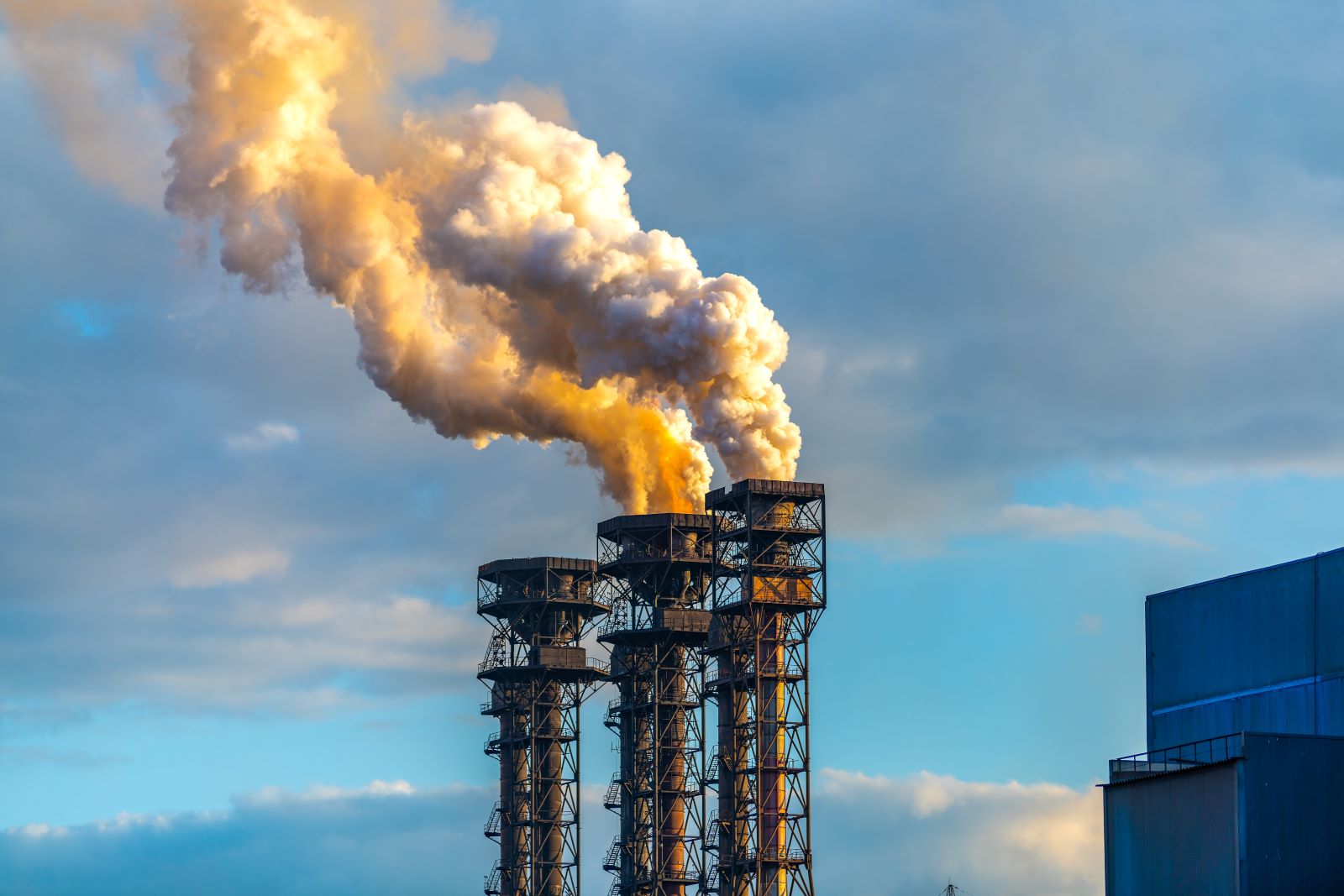
Image Credit: Shutterstock / Evgenii Panov
This only worsens the climate crisis, which is produced by fossil-fuel burning, deforestation, and methane emissions.
And as the World Health Organization claims, our planet’s heatwaves are rising “in frequency, duration, intensity and magnitude.”
Why, Weather, Why?

Image Credit: Shutterstock / Dennis MacDonald
Just this week, US weather services warned about high temperatures and dangerous humidity levels (which usually affects the country’s hot Southeast) reaching widespread regions in the Midwest before reaching the mid-Atlantic states.
That means the weather can push those temperatures to become about 10°F to 15°F warmer than usual.
Much Harder to Keep Cool
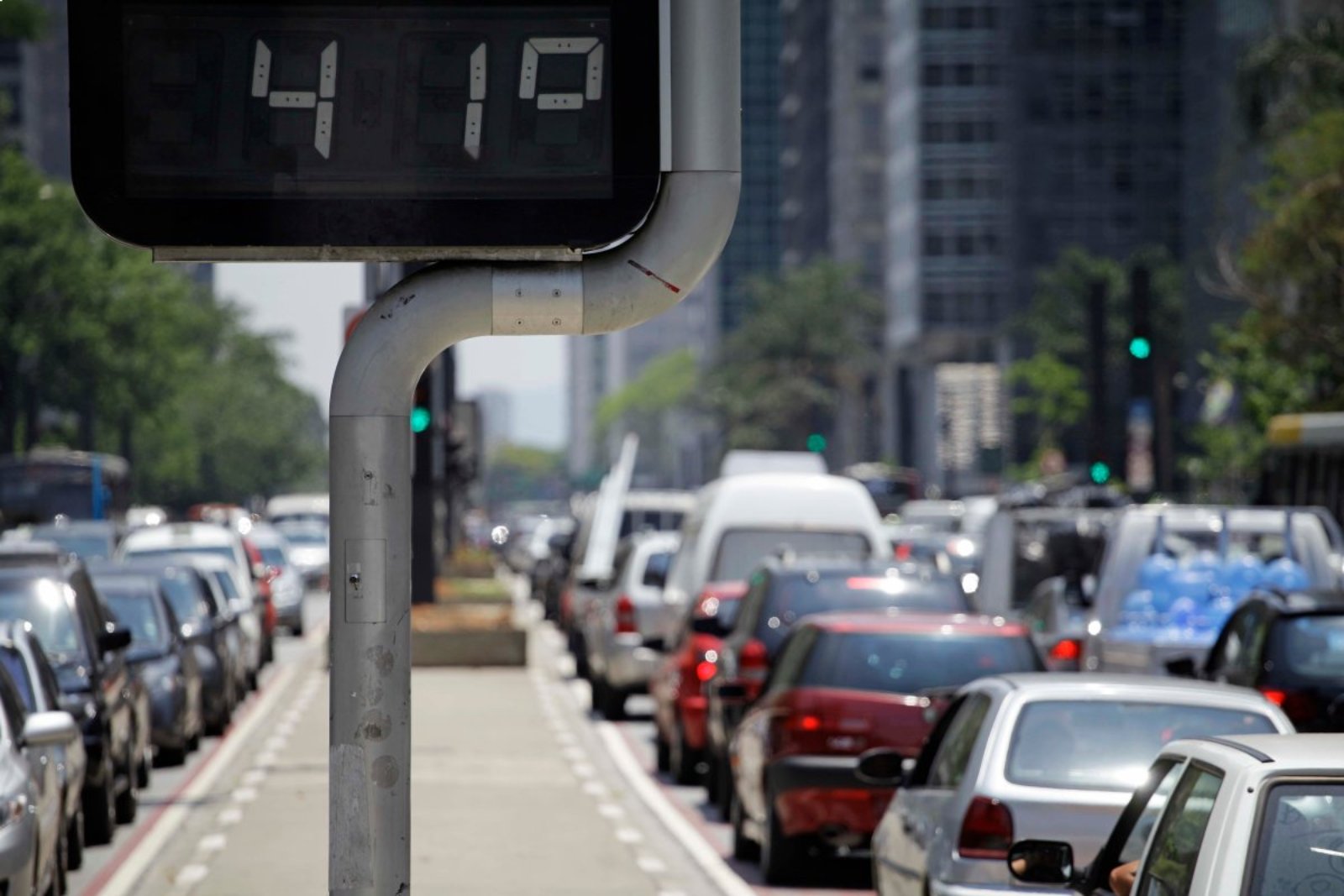
Image Credit: Shutterstock / Nelson Antoine
Add to the rising heat also increased humidity levels (from moist air coming in from the Gulf of Mexico and, of course, sweating corn) and it makes sense why those dew points are being pushed as high as 60°F or 70°F, even reaching the low 80s in some places.
Speaking of Extra Moisture
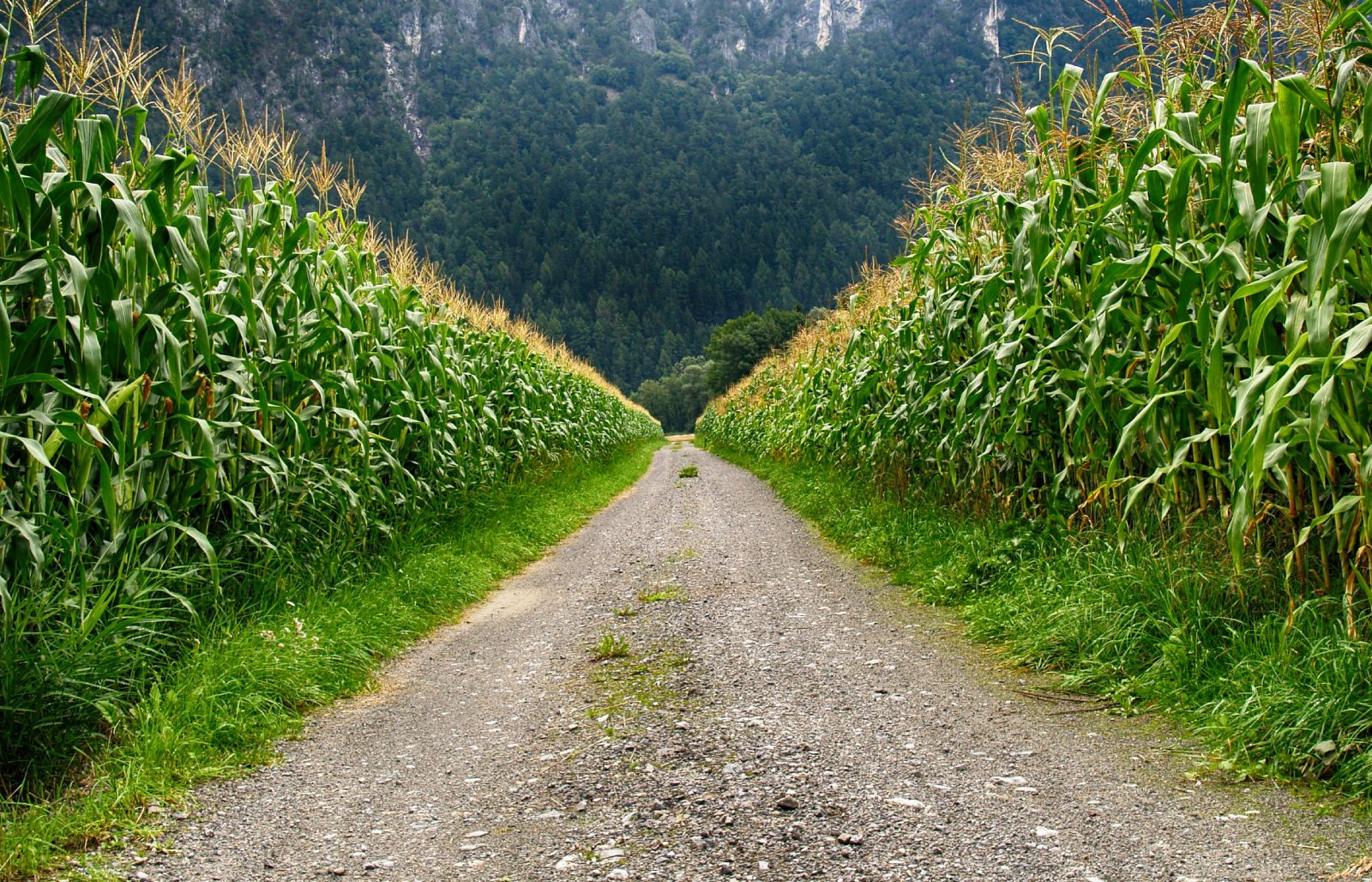
Image Credit: Pexel / Johann Piber
Climate change isn’t just responsible for hotter days and warmer nights, which enables more moisture to be retained by the atmosphere.
It is now also affecting agricultural conditions, allowing farmers to plant corn in more northern territories, thereby upping the overall increase in corn production across the country.
Heating up the US

Image Credit: Shutterstock / Mark Van Scyoc
This is particularly obvious in the Midwest due to all the corn being planted there.
And since all the crops reach the evapotranspiration stage at approximately the same time, “you get that real surge there that’s noticeable,” says Barb Boustead, the National Oceanic and Atmospheric Administration’s meteorologist and climatologist.
From Corn to Ethanol
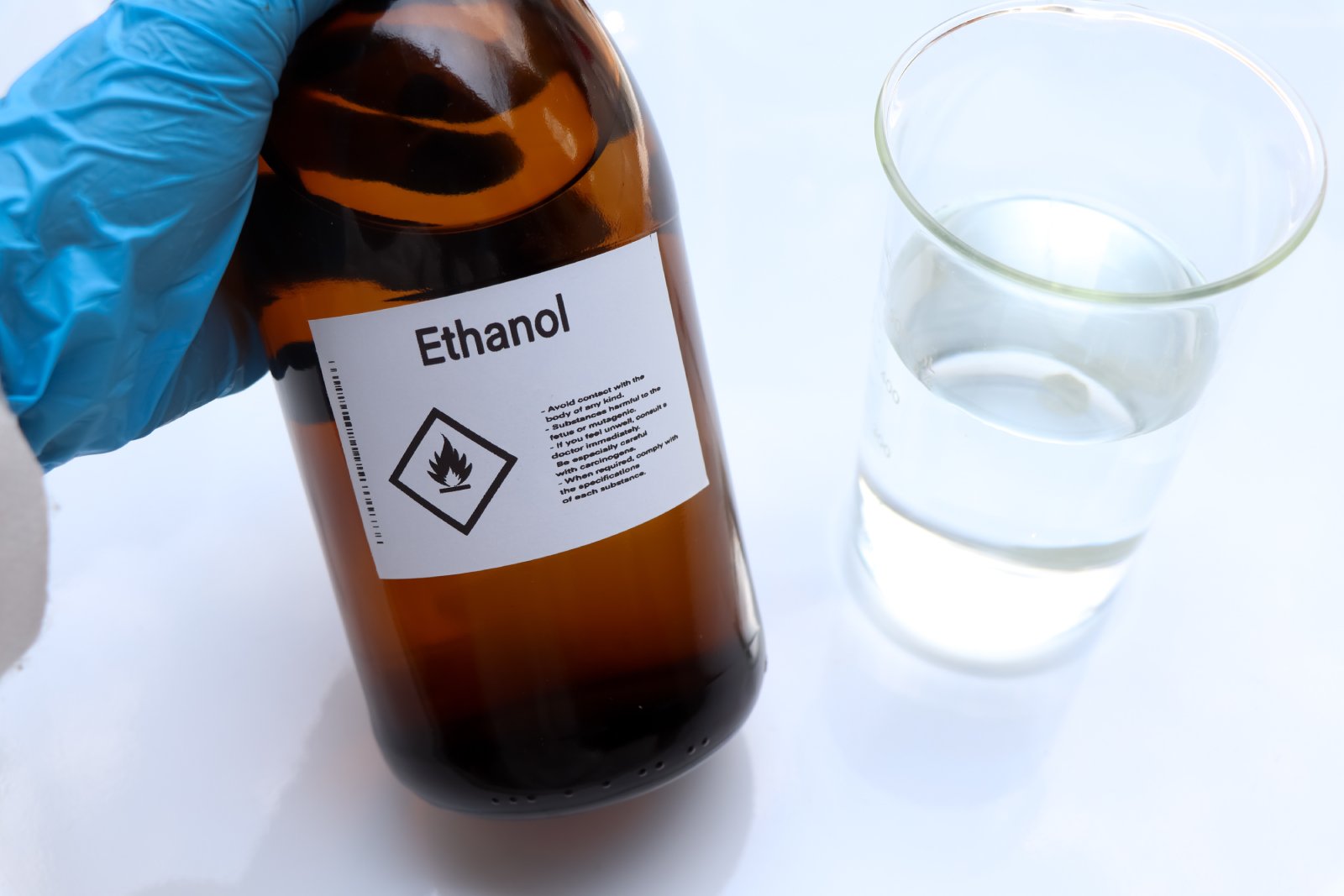
Image Credit: Shutterstock / chemical industry
But Lew Ziska has examined how climate change impacts crops.
And as an associate professor of environmental health sciences at Columbia University, he has noticed a rise in demand for corn to be converted into ethanol.
Not a Fossil Fuel…

Image Credit: Shutterstock / Scharfsinn
Of all the corn cultivated in the US, more than 40% is turned into biofuels for cars and, occasionally, airplanes.
And according to research from the Renewable Fuels Association, there has been a consistent rise in global ethanol production, except for the decline that happened during the COVID-19 pandemic.
… but Still Bad
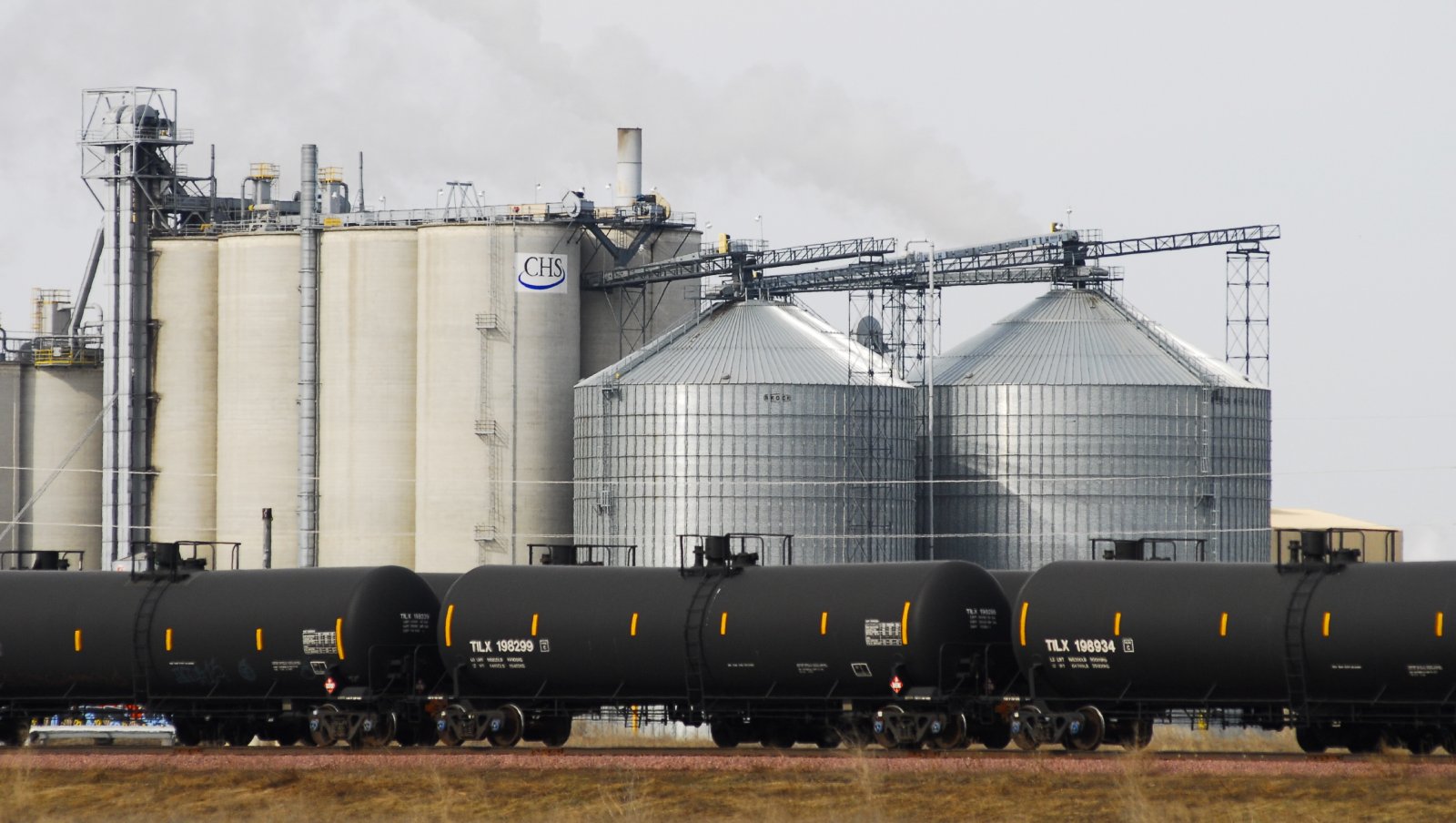
Image Credit: Shutterstock / Joseph Kreiss
And here’s the kicker: corn-based ethanol is a bigger contributor to climate change than pure gasoline, according to a study published in the Proceedings of the National Academy of Sciences, since it is at least 24% more carbon-intensive than gasoline.
Worsening the Problem
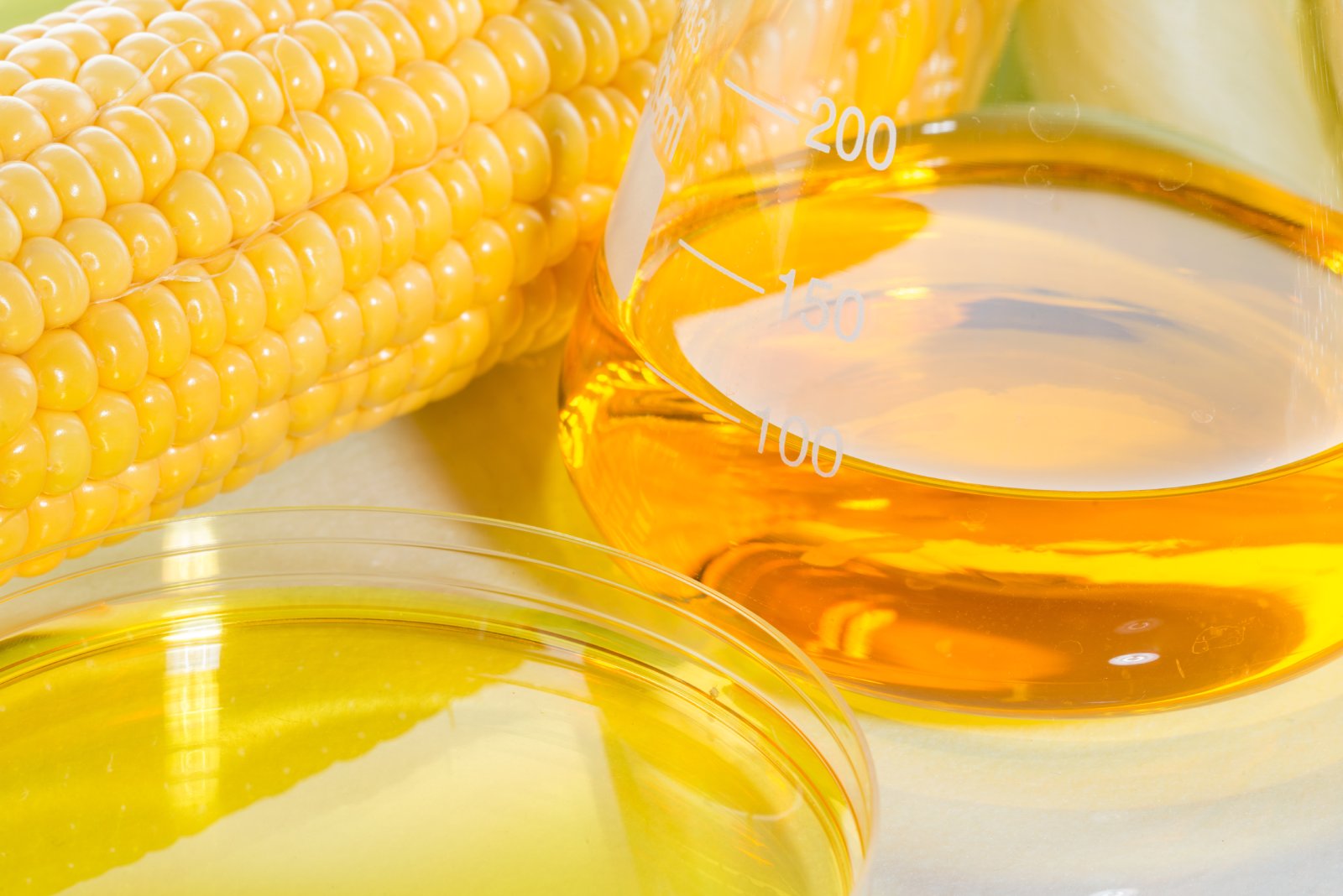
Image Credit: Shutterstock / PR Image Factory
Dr. Tyler Lark, an assistant scientist at the University of Wisconsin-Madison Center for Sustainability and the Global Environment as well as the lead author of this study, states: “Corn ethanol is not a climate-friendly fuel.”
Short and Simple

Image Credit: Shutterstock / goodluz
And when Ziska was asked if an increase in corn sweat has an impact on global warming, he simply answered: “Yes.”
DeSantis in More Hot Water as Florida Floods, Again

Image Credit: Shutterstock / Andrew Cline
Florida residents are struggling this hurricane season, and many are pointing the finger at a certain Governor. DeSantis in More Hot Water as Florida Floods, Again
J.C. Penney’s Closures Signal the End of an Era in Retail

Image Credit: Shutterstock / Jonathan Weiss
Popular department store, J.C. Penney, has announced the closure of multiple stores across the country. This announcement reflects changes in the retail industry as online shopping becomes more popular. But how will these changes affect consumers and the future of in-store shopping? J.C. Penney’s Closures Signal the End of an Era in Retail
Michigan’s Governor Whitmer Lays Down the Law for HOAs

Image Credit: Shutterstock / Gints Ivuskans
Gretchen Whitmer has just taken on HOAs across Michigan. Who won? Michigan’s Governor Whitmer Lays Down the Law for HOAs
Featured Image Credit: Shutterstock / Jim Parkin.
The images used are for illustrative purposes only and may not represent the actual people or places mentioned in the article.

